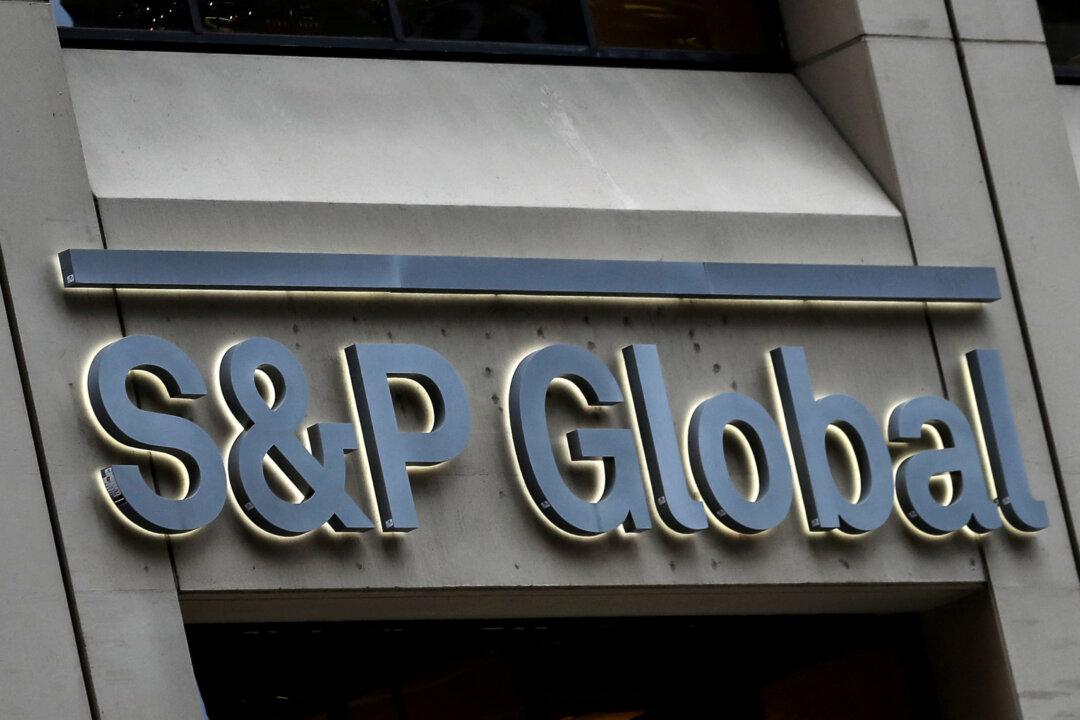Some states that had for the past year been subjected to environmental and social credit scores are shedding no tears as Standard & Poor’s (S&P), one of the world’s largest credit rating agencies, announced last week it would no longer include environmental, social, and governance (ESG) scores in its credit ratings.
ESG scores have been used by several rating agencies, including S&P, Moody’s, and Morningstar, to measure compliance with progressive criteria such as reducing fossil fuels and supporting racial and gender equity. In addition, organizations like the Human Rights Campaign (HRC) rate companies regarding their support for LGBTQ issues in their Corporate Equality Index.





